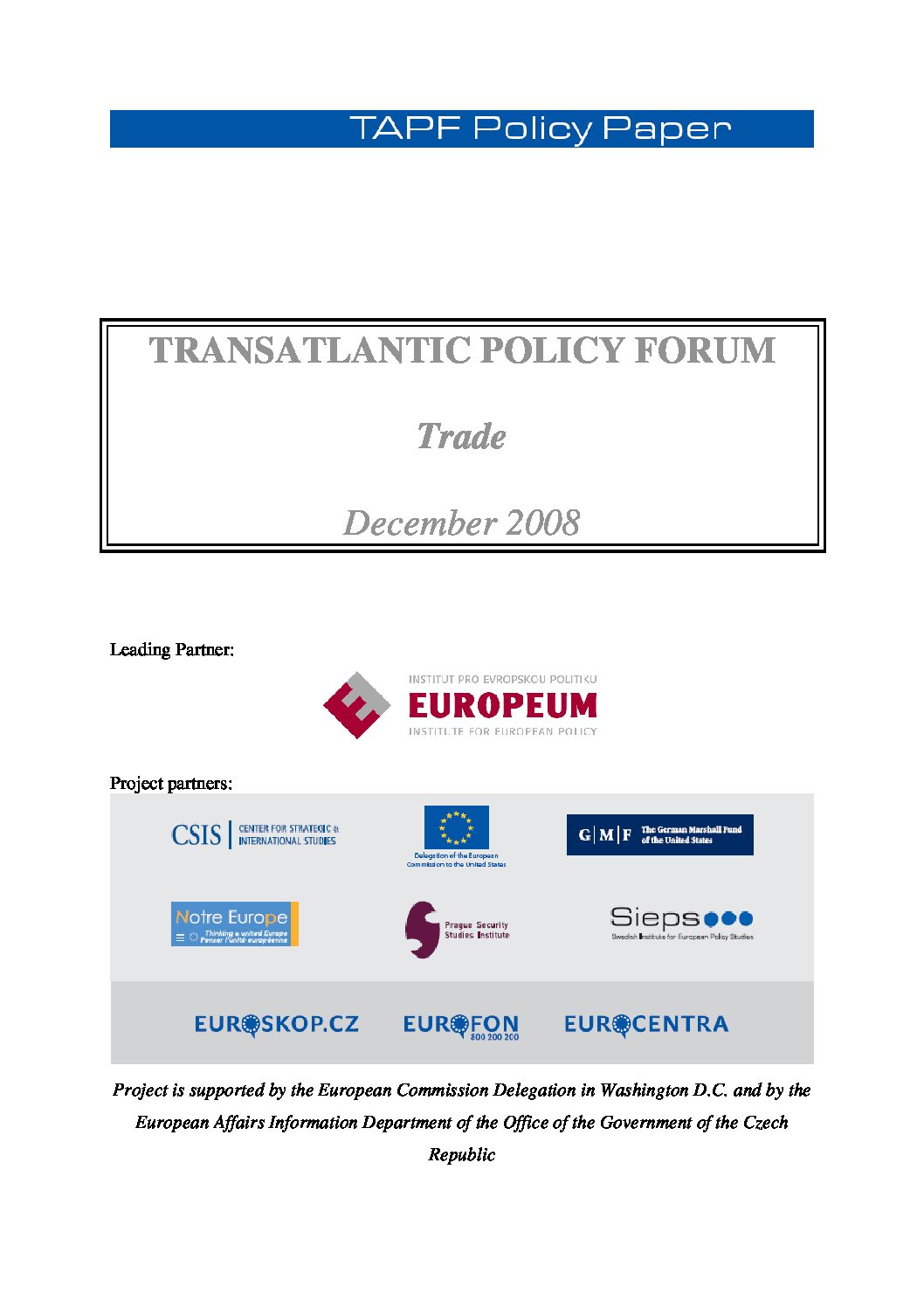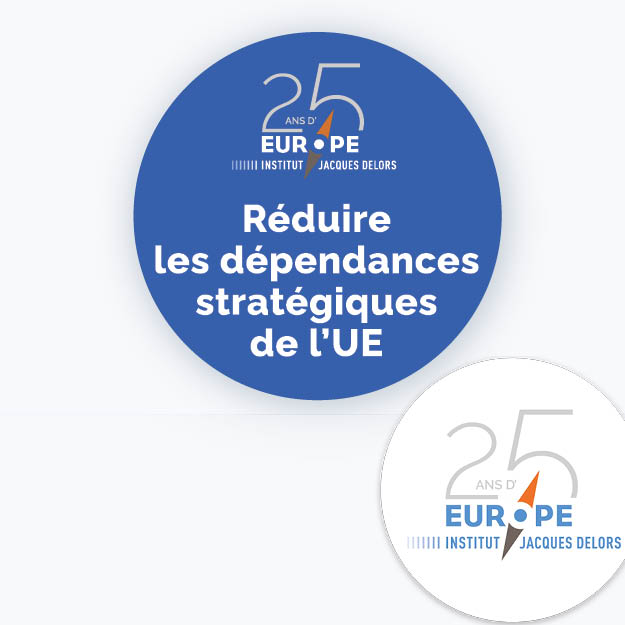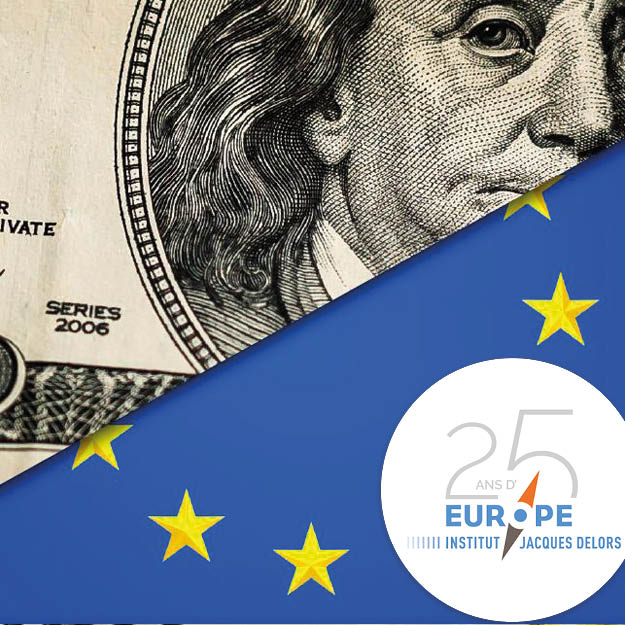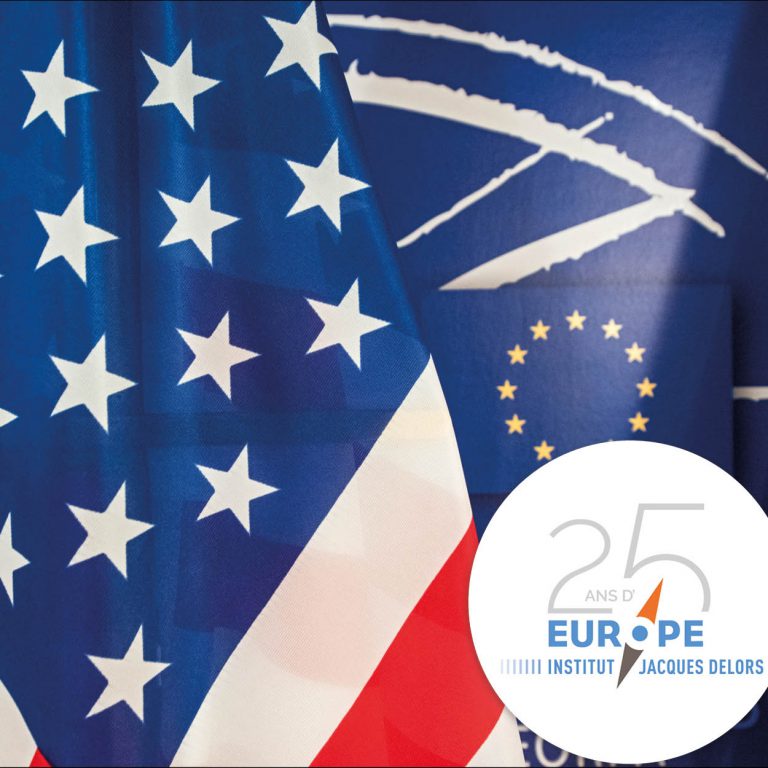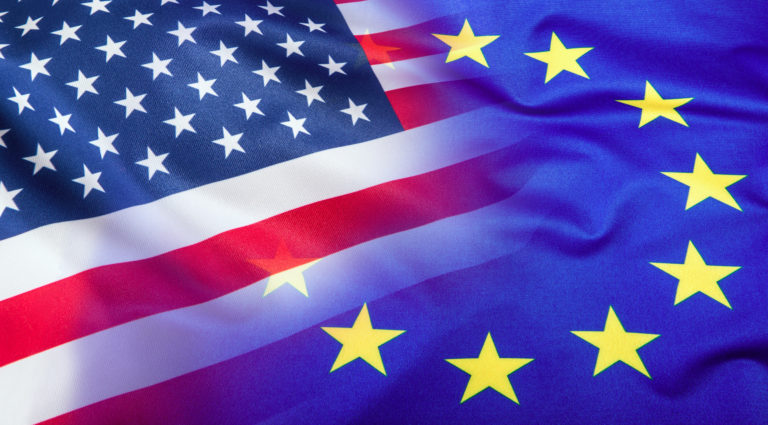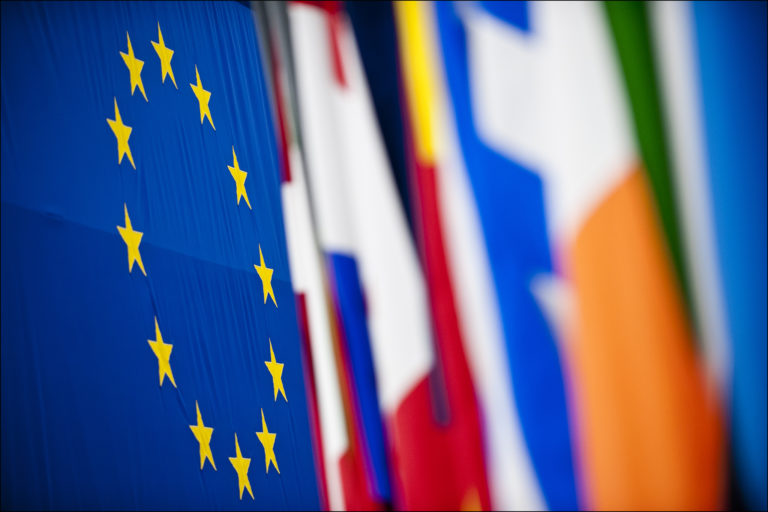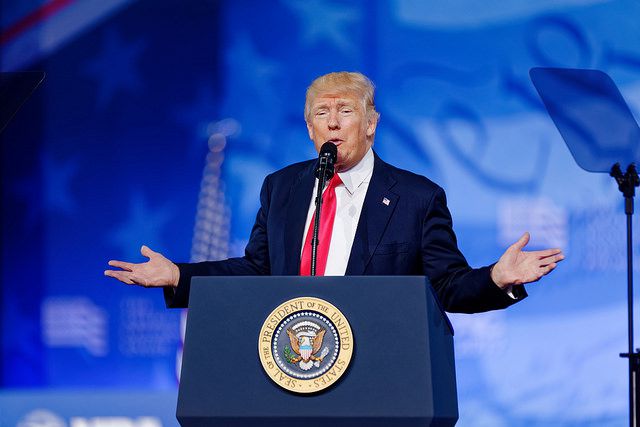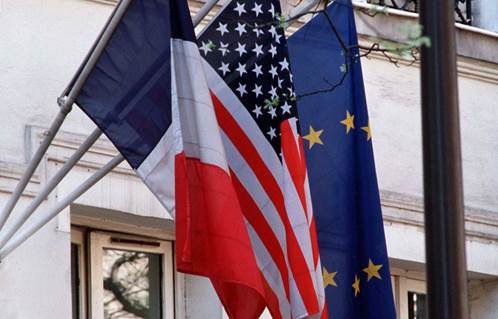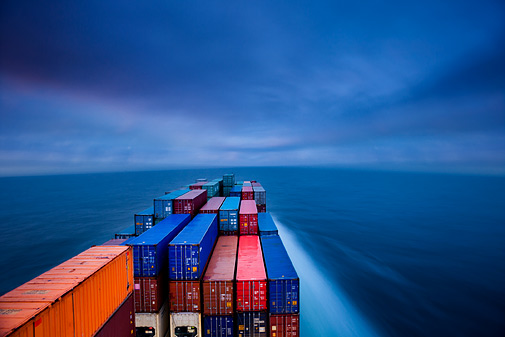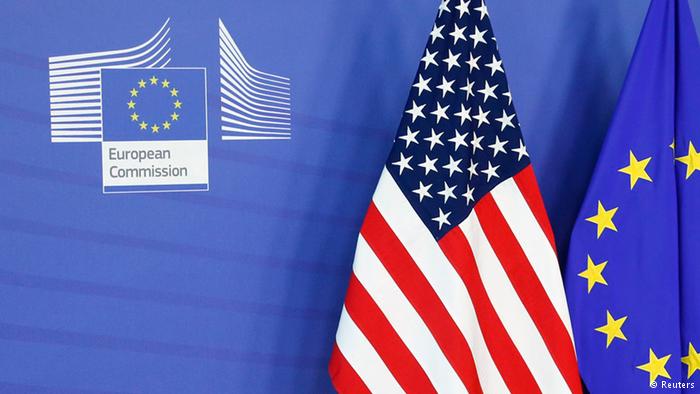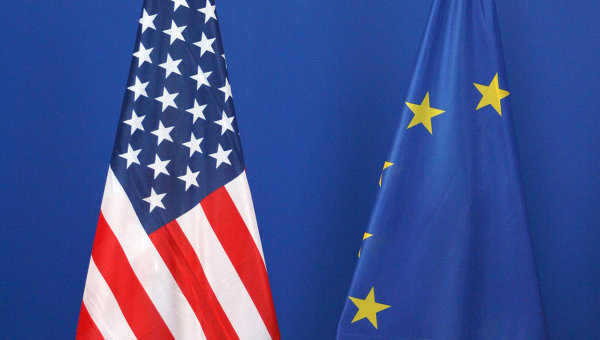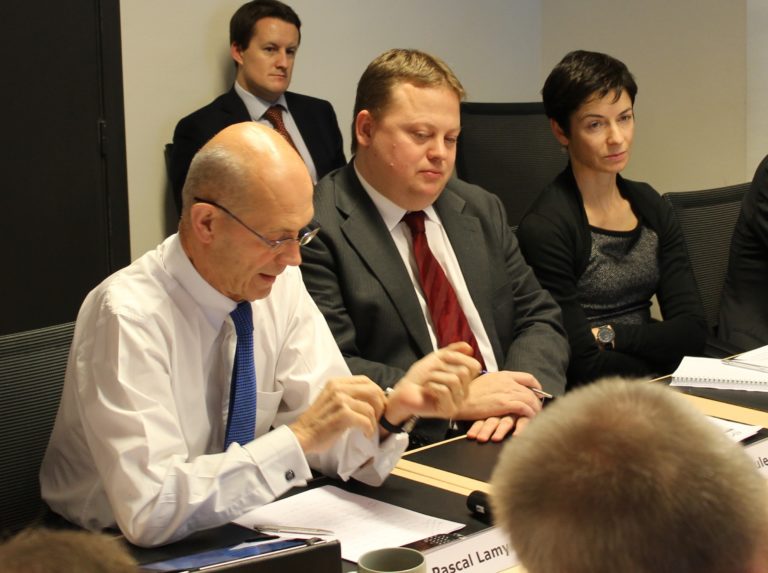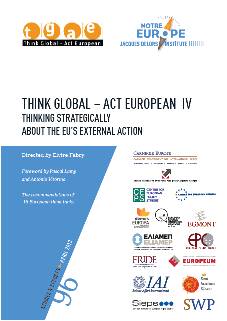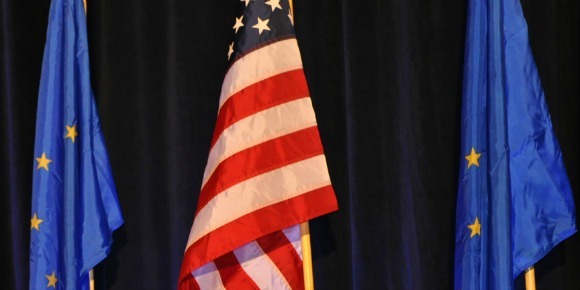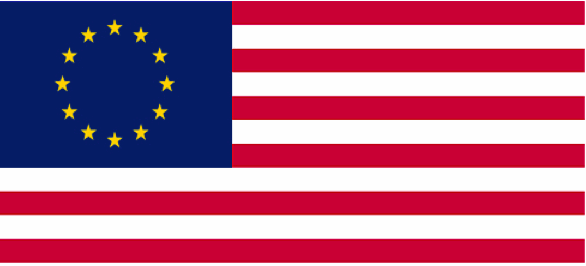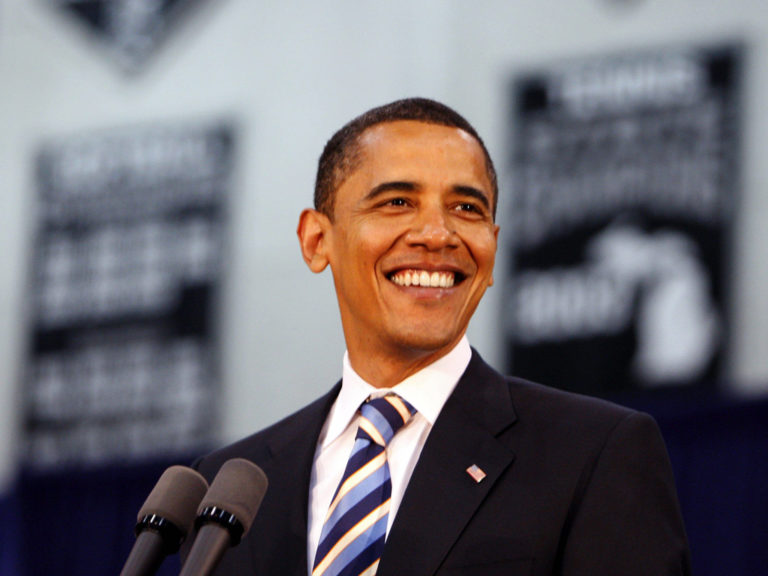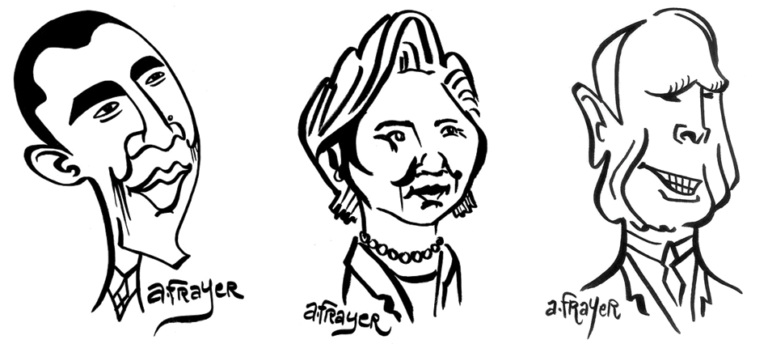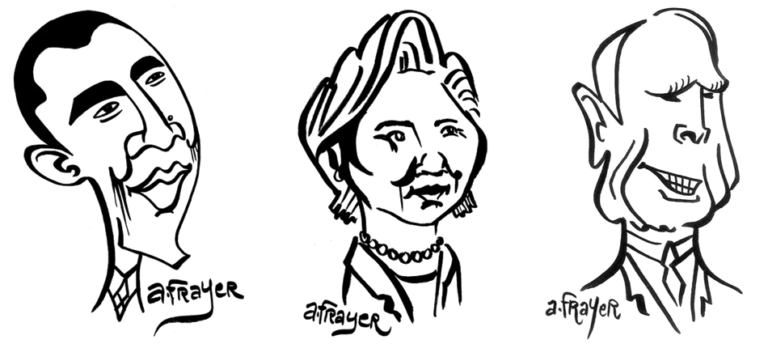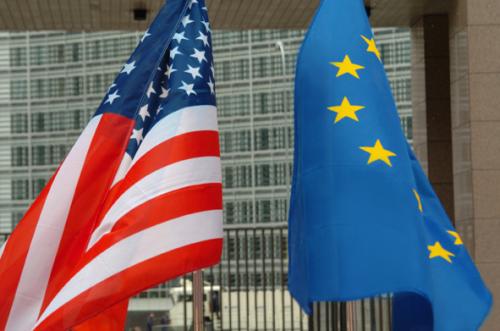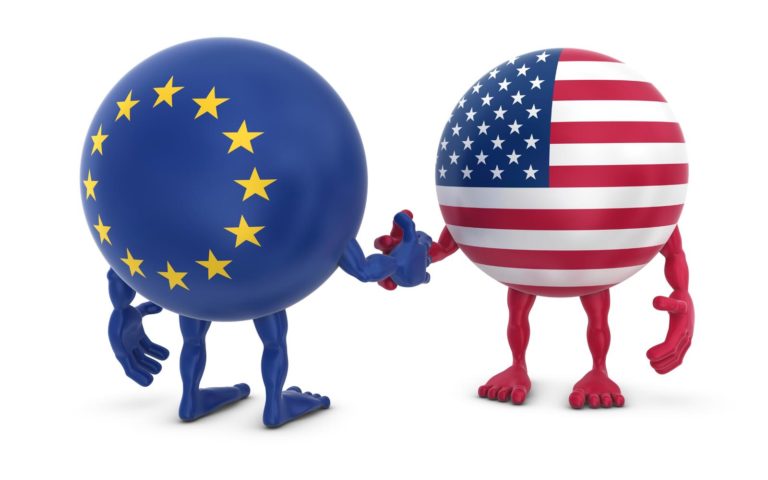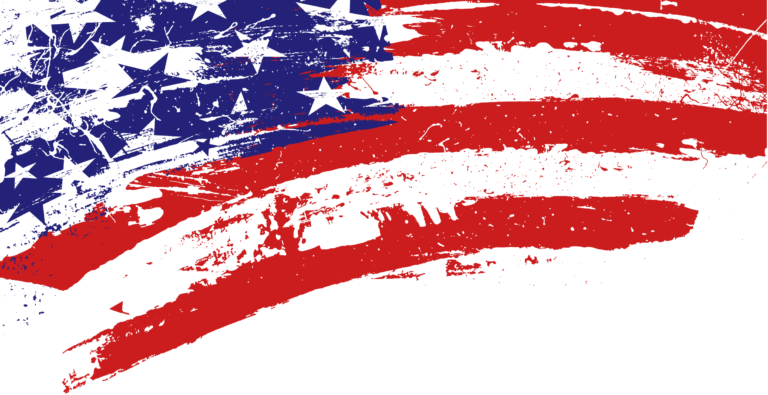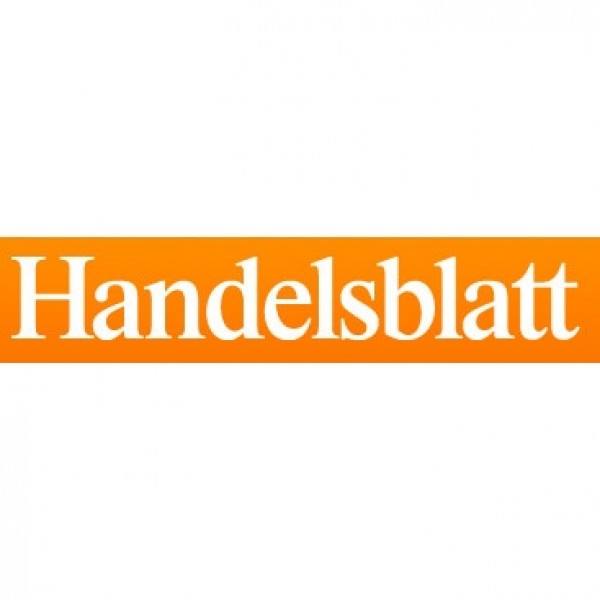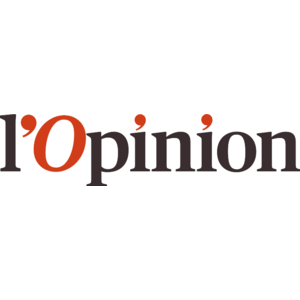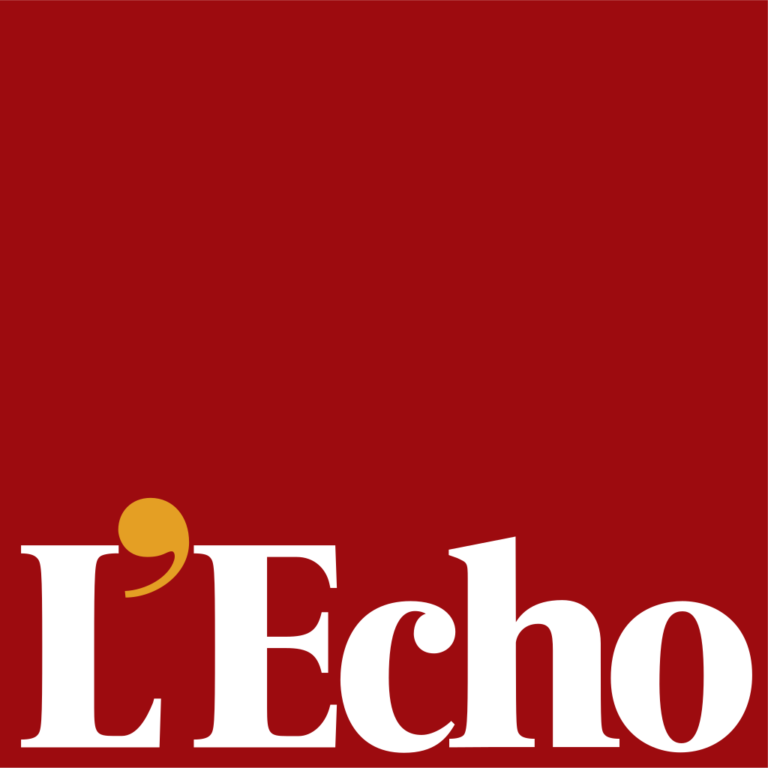Autre document
Le marché transatlantique et l’OMC
Dans le cadre du Forum Transatlantique, Notre Europe, le bureau de Paris du German Marshall Fund of the US et Europeum ont organisé un séminaire d’experts le 17 Décembre 2008 pour présenter les premières recommandations de la task force.
Dans le cadre du Forum Transatlantique, Notre Europe, le bureau de Paris du German Marshall Fund of the US et Europeum ont organisé un séminaire d’experts le 17 Décembre 2008 pour présenter les premières recommandations de la task force. Jean-Christophe Bureau présente une synthèse des débats (en anglais uniquement).
The trade relations between the EU and the US have no equivalent in the world, with integrated economies and huge cross-direct investments, in particular. The trade relationship between the entities has nevertheless been spotty during the last decade. Discussions regarding an EU-US free trade area initiated by Commissioner Brittan in the 1990s and briefly revived by Chancellor Merkel in 2007 have only led to somewhat symbolic decisions.1 Even modest trade facilitation agreements, such as the 1998 Agreement on mutual recognition of standards, have not been fully implemented. Since 2001, the two entities have often appeared more as enemies than partners in the Doha negotiations. Since the creation of the World Trade Organization (WTO) they have had numerous disputes over agriculture, steel, aircraft, services, taxation systems and various regulations. Other disagreements, not brought to the WTO, have also been numerous. Several of them have led to a bilateral compromise that is still considered as unpalatable by one of the parties (e.g. the « open skies » agreement, public procurement in the military sector, etc.).
In the agricultural and food area, many problems persist, even though many issues look relatively minor and technical when put in perspective with broader transatlantic geopolitical interests. The EU clings to high tariffs and regulatory restrictions in sectors of importance for US exporters such as meat and maize. Both the EU and US agencies impose de facto bans on imports of some of the other party’s agricultural products because of SPS (sanitary and phytosanitary) regulations. Many issues regarding intellectual property and mutual recognition of processing techniques remain unsolved.
SUR LE MÊME THÈME
ON THE SAME THEME
PUBLICATIONS
Réduire les dépendances stratégiques de l’UE

Sanctions extraterritoriales américaines

L’Europe et l’Amérique : une nouvelle donne, sans illusion

Politique commerciale numérique : les choix stratégiques de l’UE au lendemain des élections américaines

Des attentes à l’action

LA GUERRE COMMERCIALE DE TRUMP : UN CHOIX ASSUMÉ

Les subventions au cœur de la guerre commerciale.
Un accord clé pour le multilatéralisme

Guerre commerciale : « L’Europe peut encore peser »

L’Europe face aux sanctions américaines, quelle souveraineté ?

De Trump au New Deal européen

« Trump trade » : plus de peur que de mal ?

La France : un terreau d’opposition au TTIP ?

Le TTIP et les pays tiers

L’ « ISDS » dans le TTIP : le diable se cache dans les détails

La réalité de la précaution : analyse comparative UE – USA

Le « TTIP » à l’avant-garde du régime commercial international du XXIème siècle ?

TTIP : une négociation à la Pirandello

Think Global – Act European IV. Thinking Strategically about the EU’s External Action

Enjeux et perspectives d’une zone de libre-échange transatlantique

Vers un marché transatlantique ?

L’avenir de l’industrie de défense européenne : à quel point est-elle européenne ?

Relations US-UE : quel bilan pour la présidence Obama?

L’administration Obama deux ans après son élection

Partenariat Euro-Américain : une nouvelle approche

UE-US une nouvelle donne ? La relation transatlantique : un contexte changeant, de nouveaux acteurs

L’importance de l’élection présidentielle américaine de 2008

Réponse au Policy paper 34 « Clinton, McCain, Obama : une ‘nouvelle donne’ pour le climat ?

McCain, Clinton ou Obama : quelle nouvelle donne pour l’Europe ?

Clinton, McCain, Obama – ‘nouvelle donne’ pour le climat ?

Considérations sur la cirse irakienne et les effets sur la politique étrangère commune à la veille d’une guerre annoncée

Regards sur la balance des transactions courantes américaines

L’attitude des Américains envers l’Europe ?

Les attitudes européennes et les relations transatlantiques entre 2000 et 2003

Le système de la réserve fédérale américaine : fonctionnement et accountability

MÉDIAS
MEDIAS
Warum der Klimagipfel echte Fortschritte bringen könnte

Sommet climat de Biden: le bon élève européen veut peser dans le concert mondial

Biden s’élance derrière l’Europe vers la neutralité carbone










